



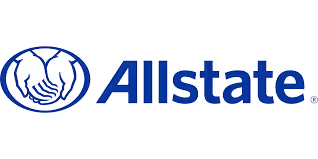
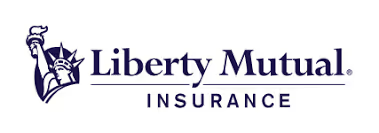

5-Star Valuation Services, Loved by Hundreds
Frequently Asked
Questions
No Frequently Asked Questions Found.
Assignments often involve machinery and equipment, inventory, vehicles, artwork, jewelry, collectibles, or business property. Reports are prepared to provide clear documentation that insurers, adjusters, and other stakeholders can evaluate during the settlement process.
Professional appraisers conduct a meticulous examination that encompasses multiple critical factors. These include the machine's operational condition, age, technological capabilities, brand reputation, maintenance history, and current market demand. By synthesizing these complex variables, appraisers generate a nuanced and accurate valuation that serves diverse business needs.
The process requires deep technical expertise and market knowledge. Experienced appraisers leverage specialized techniques such as the cost approach, which calculates replacement expenses, and the sales comparison method, which benchmarks the equipment against similar recent transactions. This multifaceted analysis ensures a comprehensive and defensible valuation that stakeholders can confidently utilize.
Businesses leverage these appraisals for numerous strategic purposes. Financial reporting, insurance documentation, potential sales transactions, and asset management decisions all benefit from a precise, professionally conducted equipment valuation. The insights gained enable more informed investment strategies, helping organizations optimize their equipment portfolios and make data-driven operational decisions.
By providing a clear, objective assessment of laundry equipment's economic value, these appraisals serve as an essential tool for businesses seeking to understand and maximize their equipment investments.
The online appraisal process typically involves submitting detailed photographs and equipment specifications through digital platforms. Experienced appraisers carefully analyze these materials, examining critical factors such as equipment condition, age, specific features, and overall market value. This approach allows for meticulous assessment while eliminating traditional logistical challenges.
Professional appraisers adhere to Uniform Standards of Professional Appraisal Practice (USPAP), ensuring reliability and consistency across all evaluations. The digital format supports multiple verification methods, including interactive video consultations via platforms like Zoom or Facetime, which enable real-time equipment examination and direct communication.
Key evaluation criteria remain consistent with traditional appraisal approaches. Appraisers meticulously assess brand reputation, equipment model, maintenance history, operational condition, and current market demand. High-resolution images and comprehensive documentation significantly enhance the accuracy of the assessment.
By embracing technological innovations, online laundry equipment appraisals provide a streamlined, professional approach that delivers precise valuations while prioritizing client convenience and industry standards.
Industrial laundry equipment appraisers focus on large-scale operations found in healthcare, hospitality, and manufacturing settings. Their evaluations delve deep into production efficiency, mechanical condition, and technological relevance. They assess high-capacity machines through a lens of operational performance and industry standards.
Commercial laundry equipment specialists concentrate on businesses like laundromats and dry cleaning operations. Their approach integrates market trend analysis with comprehensive asset valuation. These professionals examine how equipment contributes to overall business viability, considering factors such as machine functionality, potential revenue generation, and competitive positioning.
Retail equipment appraisers specialize in consumer-grade washers and dryers, tracking technological advancements and market preferences. Their expertise lies in determining precise resale values, understanding warranty implications, and evaluating equipment condition for individual consumers and secondary markets.
Niche specialists emerge in areas like eco-friendly equipment and textile care technologies. These appraisers bring targeted knowledge about sustainability, energy efficiency, and specialized fabric processing equipment, offering nuanced insights beyond standard valuation approaches.
Certification remains a critical differentiator, with professional credentials ensuring rigorous evaluation standards. Certified appraisers provide an additional layer of credibility, ensuring assessments meet stringent industry and regulatory requirements.
The diversity of laundry equipment appraisers reflects the complexity of modern equipment valuation, enabling stakeholders to obtain precise, context-specific assessments across multiple market segments.
Financial decision-makers rely on equipment appraisals to understand precise asset value, enabling strategic planning for upgrades, replacements, and long-term capital investments. For businesses dependent on laundry operations, this evaluation serves as a critical benchmark for operational sustainability and financial forecasting.
Tax compliance represents another crucial dimension of equipment appraisal. Accurate valuations ensure proper documentation for potential tax deductions, particularly when donating or transferring high-value machinery. This documentation protects businesses from potential IRS scrutiny while providing transparent evidence of asset worth.
Insurance planning becomes more precise with a professional appraisal. Business owners can verify that their current coverage adequately reflects equipment replacement costs, mitigating potential financial risks from unexpected machinery failure or damage.
Legal scenarios, including estate planning and potential disputes, benefit significantly from objective equipment valuations. These assessments provide neutral, professionally determined value statements that can resolve complex financial negotiations and ensure equitable asset distribution.
For businesses considering equipment sales, an appraisal establishes credible market value, facilitating more transparent and efficient transactions. Potential buyers receive confidence from comprehensive, professionally validated documentation of equipment condition and worth.
Ultimately, a laundry equipment appraisal transcends simple monetary assessment, delivering strategic insights that support informed decision-making across financial, operational, and legal domains.
Why Do Laundry Equipment Appraisals Matter for Insurance Claims?
Laundry equipment appraisals are a critical strategy for protecting your business and financial interests through comprehensive insurance coverage. These professional assessments provide essential insights into the true value of your commercial laundry assets.
Key Benefits of Professional Laundry Equipment Appraisals
- Accurate Market Valuation: Professional appraisers assess your equipment's current worth by evaluating:
- Equipment age
- Current condition
- Unique operational features
- Market depreciation
- Insurance Claim Support: Formal appraisals provide critical documentation that:
- Expedites claims processing
- Reduces potential claim disputes
- Offers clear evidence of equipment value
- Strategic Coverage Planning: Precise equipment valuation enables:
- Appropriate insurance policy limits
- Prevention of under or over-insurance
- Optimized financial protection
Why Comprehensive Documentation Matters
Insurance companies require robust documentation to process claims efficiently. A professional appraisal serves as an authoritative record that validates your equipment's value, reducing potential complications during the claims process.
Potential Risks of Inadequate Appraisals
- Delayed claim processing
- Potential claim denial
- Insufficient financial compensation
- Increased business vulnerability
By investing in a professional laundry equipment appraisal, businesses can proactively protect their assets, ensure comprehensive insurance coverage, and maintain financial stability in the face of unexpected challenges.
Navigating the Complex World of Laundry Equipment Valuation
Navigating the Valuation of Laundry Equipment for Insurance Claims
Understanding the intricate factors that influence laundry equipment valuation is essential for securing fair compensation during insurance claims. Here are the critical aspects to consider:
1. Equipment Type and Condition
- Different laundry equipment types have unique valuation parameters
- Commercial washers, dryers, and specialized machines like steamers vary in value
- Condition is a key determinant:
- Well-maintained machines command higher valuations
- Equipment with significant wear or mechanical issues depreciates faster
2. Age and Technological Evolution
- Equipment age critically impacts overall value
- Newer models offer advantages:
- Advanced technological features
- Enhanced energy efficiency
- Superior performance capabilities
- Older machines typically experience:
- Faster depreciation
- Higher operational costs
- Reduced technological relevance
3. Market Dynamics and Availability
- Local and national market demand significantly influences equipment valuation
- Fluctuation factors include:
- Industry trends
- Regulatory changes
- Economic conditions
- Supply and demand create dynamic valuation landscapes
4. Comprehensive Replacement Costs
- Insurance claims depend on accurate replacement cost assessments
- Key considerations:
- Current market prices for similar equipment
- New and used equipment values
- Comprehensive appraisal reports
- Precise documentation ensures fair compensation
5. Importance of Comprehensive Documentation
- Robust record-keeping strengthens appraisal accuracy
- Essential documentation includes:
- Original purchase receipts
- Warranty information
- Detailed maintenance history
- Benefits of thorough documentation:
- Claim substantiation
- Insights into equipment lifespan
- Condition tracking over time
Successfully navigating laundry equipment valuation requires a comprehensive understanding of these multifaceted elements, ensuring a smooth and fair insurance claims process.
What Types of Commercial and Industrial Laundry Equipment Require Professional Appraisal?
Types of Commercial and Industrial Laundry Equipment Requiring Professional Appraisal
Commercial and industrial laundry operations rely on a diverse range of sophisticated equipment that demands careful financial evaluation. Understanding which equipment necessitates professional appraisal is crucial for maintaining accurate financial records and ensuring comprehensive insurance coverage.
Key Equipment Categories for Professional Appraisal
- Washing Machines
The cornerstone of any laundry operation, commercial washing machines vary significantly in size, capacity, and technological sophistication. Professional appraisals assess critical factors including:
- Current market value
- Age and depreciation
- Technological capabilities
- Overall operational condition
- Industrial Dryers
Essential for maintaining efficient service turnaround times, dryer appraisals comprehensively evaluate:
- Equipment efficiency
- Specific model characteristics
- Recent repair and maintenance history
- Potential remaining operational lifespan
- Specialized Finishing Equipment
This category encompasses:
- Flatwork ironers
- Advanced finishing machinery
- Precision pressing equipment
Appraisals ensure accurate recognition of these specialized assets' intrinsic value and replacement costs.
- Automated Folding Machines
Critical for high-volume operations, professional appraisals of folding machines reveal:
- Depreciation rates
- Potential resale value
- Technological relevance
- Operational efficiency
- Specialized Cleaning Machinery
Includes commercial dry cleaning equipment requiring nuanced evaluation considering:
- Environmental compliance
- Regulatory standards
- Technological sophistication
- Operational limitations
- Workflow Integration Systems
Conveyor and material handling systems demand comprehensive appraisals that examine:
- System complexity
- Initial installation costs
- Technological enhancements
- Operational efficiency improvements
- Supplementary Operational Assets
Additional equipment such as laundry carts, racks, and specialized handling tools also merit professional assessment to ensure complete asset valuation.
Strategic Importance of Professional Appraisal
Engaging industry-specialized appraisers provides critical insights that protect your investments, validate financial representations, and support comprehensive insurance coverage strategies. A meticulous approach to equipment valuation helps businesses maintain financial accuracy and operational preparedness.
How Does the Professional Appraisal Process Work?
The Professional Appraisal Process: A Comprehensive Overview
A professional appraisal of laundry equipment is a systematic and detailed process designed to determine the most accurate market value for insurance claim purposes. This comprehensive approach ensures a fair and thorough assessment of your valuable assets.
Key Stages of the Appraisal Process
- Initial Consultation
- Detailed discussion about specific laundry equipment
- Comprehensive review of equipment details:
- Make and model
- Current age
- Overall condition
- Previous modifications
- Establishes foundational information for the entire appraisal
- Extensive Research and Data Collection
- Analysis of comparable equipment sales
- Evaluation of current market conditions
- Review of industry-specific trends
- Examination of local, regional, and national market data
- Comprehensive On-Site Inspection
- Physical examination of equipment
- Assessment of operational functionality
- Detailed evaluation of:
- Physical condition
- Visible wear and tear
- Precise equipment measurements
- Advanced Valuation Methodology
- Selection of appropriate valuation approach:
- Cost approach
- Income approach
- Sales comparison approach
- Ensures comprehensive and context-specific valuation
- Selection of appropriate valuation approach:
- Comprehensive Report Preparation
- Detailed documentation of appraisal findings
- Clear explanation of valuation methodology
- Inclusion of supporting data and rationale
- Professional document for insurance and accounting purposes
The professional appraisal process represents a meticulous approach that combines technical expertise, thorough research, and precise evaluation to deliver an accurate assessment of laundry equipment value.
Key Factors That Determine Your Laundry Equipment's True Value
Key Factors Determining Laundry Equipment Value
Understanding the critical elements that influence laundry equipment valuation is essential for accurate insurance claims and asset assessment.
1. Age and Condition
- Newer machines with advanced features typically hold higher value
- Well-maintained equipment commands premium pricing
- Minimal wear and tear directly correlates with increased appraisal value
2. Brand and Model Significance
- Brand reputation plays a crucial role in equipment valuation
- Renowned manufacturers typically indicate superior quality and durability
- Specific model features can create significant price variations
3. Current Market Dynamics
- Economic conditions impact equipment value
- Technological advancements influence market demand
- Consumer preferences shift equipment pricing
- Energy-efficient models often receive premium valuations
4. Comprehensive Replacement Cost Analysis
- Appraisers evaluate current market prices for comparable equipment
- Replacement cost provides a benchmark for true asset value
- Considers current manufacturing and technological standards
5. Detailed Usage History
- Operational conditions significantly impact equipment value
- Consistent maintenance and optimal usage enhance appraisal value
- Documented service records can substantiate equipment quality
6. Regulatory Compliance and Certifications
- Safety standard compliance increases equipment value
- Relevant certifications demonstrate quality and reliability
- Regulatory adherence provides additional valuation credibility
By comprehensively evaluating these critical factors, equipment owners can develop a nuanced understanding of their laundry equipment's true market value, ensuring more accurate and fair insurance claim assessments.
Overcoming Challenges in Accurate Equipment Assessment
Assessing laundry equipment for insurance purposes involves navigating complex challenges that require specialized expertise and meticulous attention to detail. Successfully addressing these challenges ensures accurate valuations and fair insurance claims.
Key Challenges in Equipment Assessment
Depreciation Factors
Equipment depreciation represents a critical assessment challenge, influenced by multiple interconnected variables:
- Age of equipment
- Total usage hours
- Maintenance history
- Technological obsolescence
Equipment Diversity and Market Complexity
The laundry equipment landscape encompasses a wide range of machinery, each with unique valuation considerations:
- Commercial washers and dryers
- Specialized folding equipment
- Industrial ironing systems
- Emerging technological innovations
Condition Assessment Nuances
Precise equipment condition evaluation requires comprehensive technical expertise, including:
- Functional performance analysis
- Comprehensive wear and tear assessment
- Potential repair or replacement cost estimation
- Operational efficiency evaluation
Regulatory Compliance Considerations
Navigating complex regulatory landscapes adds another layer of complexity to equipment assessment, including:
- State-specific safety standards
- Energy efficiency requirements
- Environmental compliance regulations
- Industry-specific operational guidelines
Professional Approach to Overcoming Assessment Challenges
Successfully addressing these multifaceted challenges requires a strategic approach combining:
- Continuous market research
- Advanced technical knowledge
- Comprehensive industry understanding
- Adaptive assessment methodologies
By implementing a sophisticated, holistic assessment strategy, professionals can deliver precise equipment valuations that support fair and accurate insurance claims.
When Is the Right Time to Get a Laundry Equipment Appraisal?
Laundry equipment appraisals play a crucial role in various business scenarios, offering insights and strategic advantages for owners. Understanding the right timing for these assessments can significantly impact financial decisions and risk management.
Key Scenarios Requiring Laundry Equipment Appraisals
1. Pre-Insurance Claim Documentation
- Essential when equipment experiences damage from unexpected events
- Provides documented value for insurance negotiations
- Supports accurate claim settlements
2. Strategic Business Planning
- Enables tracking equipment depreciation
- Guides decisions about potential upgrades
- Helps optimize financial performance
3. Financial and Investment Considerations
- Supports loan applications and financing requests
- Provides comprehensive asset documentation for lenders
- Demonstrates business credibility and financial health
4. Business Transition Scenarios
- Critical during mergers and acquisitions
- Facilitates transparent asset valuation
- Reduces potential disputes in business transactions
5. Proactive Asset Management
- Enables informed maintenance decisions
- Supports long-term capital investment strategies
- Provides a clear understanding of equipment value
By strategically timing equipment appraisals, laundry service providers can transform these assessments from simple valuations into powerful business management tools.
Selecting a Qualified Laundry Equipment Appraiser
Key Considerations for Selecting a Qualified Laundry Equipment Appraiser
Choosing the right appraiser for laundry equipment is critical, especially when dealing with insurance claims. The quality of your appraisal can significantly impact the outcome of your claim and the compensation you receive.
Essential Qualifications to Examine
- Professional Certifications: Look for appraisers with:
- Uniform Standards of Professional Appraisal Practice (USPAP) certification
- Membership in recognized professional organizations like the American Society of Appraisers
- Specialized Industry Knowledge: Verify the appraiser's expertise in:
- Commercial and residential laundry equipment
- Multiple equipment brands and models
- Current market trends and valuation techniques
Evaluating Appraiser Expertise
- Verify Credentials
Confirm professional certifications and memberships that demonstrate a commitment to ethical standards and technical proficiency.
- Review Past Experience
Request case studies or references specific to laundry equipment appraisals to gauge the appraiser's depth of knowledge and track record.
- Assess Appraisal Methodology
A qualified appraiser should have a transparent process that includes:
- Comprehensive equipment inspection
- Detailed condition assessment
- Market value comparison
- Consideration of depreciation
Critical Communication Factors
An exceptional appraiser should demonstrate:
- Clear explanation of valuation methods
- Willingness to answer detailed questions
- Ability to provide comprehensive, understandable reports
- Transparency throughout the appraisal process
By carefully selecting an appraiser with the right combination of qualifications, experience, and communication skills, you can navigate the insurance claim process with confidence and maximize your potential compensation.
Critical Documentation for a Comprehensive Appraisal
Essential Documentation for Laundry Equipment Appraisal
Preparing for a laundry equipment appraisal requires meticulous documentation to ensure accuracy and streamline the insurance claims process. Comprehensive documentation substantiates the value of your equipment and supports a successful claim.
Key Documentation Categories
- Purchase Documents
- Original receipts and invoices
- Date of purchase details
- Vendor information
- Warranty documentation
- Maintenance Records
- Comprehensive repair logs
- Upgrade documentation
- Routine service history
- Evidence of equipment care and maintenance
- Photographic Evidence
- High-quality images from multiple angles
- Clear documentation of equipment condition
- Detailed views of wear and tear
- Photographs of unique features or modifications
- Equipment Specifications
- Manufacturer details
- Make and model information
- Technical specifications
- User manual references
- Valuation History
- Previous appraisal reports
- Historical valuation documentation
- Depreciation tracking
- Value trend analysis
- Insurance Policy Information
- Current coverage details
- Policy limit documentation
- Previous related insurance claims
- Policy conditions and terms
Systematically organizing these documents provides a comprehensive view of your laundry equipment's value. A well-documented appraisal significantly enhances your ability to receive fair compensation and supports a smoother claims resolution process.
Preparing Your Laundry Equipment for a Precise Valuation
Essential Steps for Precise Laundry Equipment Valuation
Preparing your laundry equipment for a professional appraisal requires a strategic approach, especially when navigating an insurance claim. A comprehensive preparation ensures an accurate assessment and maximizes your potential compensation.
Comprehensive Documentation Collection
- Gather all critical ownership documents:
- Original purchase receipts
- Warranty documentation
- Complete maintenance records
- Collect equipment manuals and technical specifications
- Organize documents chronologically for easy reference
Detailed Equipment Condition Assessment
- Perform a comprehensive equipment inspection:
- Identify and document any visible wear and tear
- Note operational capabilities and limitations
- Record any prior repairs or replacements
- Take clear, well-lit photographs documenting current condition
- Create a detailed condition report highlighting equipment status
Presentation and Preparation Strategies
- Thoroughly clean and prepare equipment for inspection
- Ensure clear labeling and organization of multiple items
- Research current market values for comparable equipment
- Prepare detailed information about:
- Equipment age
- Historical performance
- Unique features or modifications
Key Preparation Recommendations
- Compile comprehensive documentation
- Conduct meticulous condition assessment
- Clean and organize equipment
- Research market comparables
- Prepare detailed equipment history
Thorough preparation transforms the appraisal process, providing a clear, professional representation of your laundry equipment's true value. By following these strategic steps, you'll position yourself for a more accurate and potentially favorable valuation.
Real-World Success Stories: Insurance Claims and Equipment Appraisals
Real-World Success Stories: Insurance Claims and Equipment Appraisals
In the realm of insurance claims, accurate valuation of laundry equipment is critical for both policyholders and insurance companies. Real-world success stories demonstrate how professional appraisals can significantly impact the claims process.
Commercial Laundry Business Fire Recovery
A commercial laundry business faced a challenging situation when fire severely damaged their essential equipment. Key highlights of their successful claim include:
- Engaged a certified appraiser to conduct a comprehensive equipment assessment
- Detailed analysis of equipment condition, age, and functional utility
- Produced a thorough valuation report documenting the actual cash value
- Secured a settlement that accurately reflected the machinery's market value
- Enabled swift business recovery and equipment replacement
Laundromat Water Damage Claim
A small laundromat owner proactively addressed water damage through a strategic appraisal approach:
- Recognized the importance of formal valuation for substantial equipment loss
- Obtained a professional appraisal that documented:
- Original purchase prices
- Equipment depreciation
- Replacement cost estimates
- Used comprehensive documentation to negotiate a favorable insurance settlement
- Upgraded to more energy-efficient equipment
The Strategic Value of Professional Equipment Appraisals
These cases illustrate the critical benefits of professional equipment appraisals in insurance claims:
- Provide a credible and objective basis for equipment valuation
- Empower policyholders to effectively advocate for fair compensation
- Navigate complex insurance claim processes with confidence
- Enable business recovery and potential operational improvements
Investing in a professional appraisal represents a strategic approach to protecting business assets and ensuring comprehensive insurance coverage.
Your Top Questions About Laundry Equipment Appraisal Answered
Understanding Laundry Equipment Appraisal for Insurance Claims
Navigating insurance claims for commercial or industrial laundry equipment requires a strategic approach and comprehensive understanding of the appraisal process. Let's explore the key aspects of laundry equipment appraisal to help you manage your insurance claims effectively.
What is a Laundry Equipment Appraisal?
A laundry equipment appraisal is a professional assessment that determines the precise market value of laundry machinery, including:
- Commercial washers and dryers
- Industrial laundry systems
- Specialized cleaning and processing equipment
Purpose of Equipment Appraisal in Insurance Claims
The primary objectives of a laundry equipment appraisal include:
- Establishing accurate current market value
- Documenting equipment condition
- Supporting fair insurance compensation
- Providing detailed documentation for claim processing
Key Components of the Appraisal Process
A comprehensive equipment appraisal typically involves:
- On-site Physical Inspection: Detailed examination of equipment condition and functionality
- Documentation Review: Analyzing maintenance records, purchase invoices, and upgrade history
- Market Value Assessment: Determining current replacement and depreciated values
- Photographic Documentation: Capturing visual evidence of equipment state
What to Expect in an Appraisal Report
A professional appraisal report will typically include:
- Detailed equipment descriptions
- High-resolution photographs
- Valuation methodology explanation
- Appraiser's professional credentials
- Comprehensive value assessment
Timeframe and Considerations
Appraisal duration can vary based on several factors:
- Complexity of equipment
- Number of items being evaluated
- Appraiser's current workload
- Extent of documentation required
Most appraisals are completed within 5-14 business days.
Maximizing Your Insurance Claim
To ensure a smooth appraisal and insurance claim process:
- Maintain comprehensive maintenance records
- Document equipment upgrades and modifications
- Preserve all original purchase documentation
- Work closely with certified appraisal professionals
Understanding the nuances of laundry equipment appraisal empowers you to navigate insurance claims with confidence and precision.
View all Locations
APPRAISEITNOW APPRAISERS ARE BEST-IN-CLASS & CREDENTIALED BY LEADING APPRAISAL ORGANIZATIONS LIKE THE ISA, ASA, & MORE.






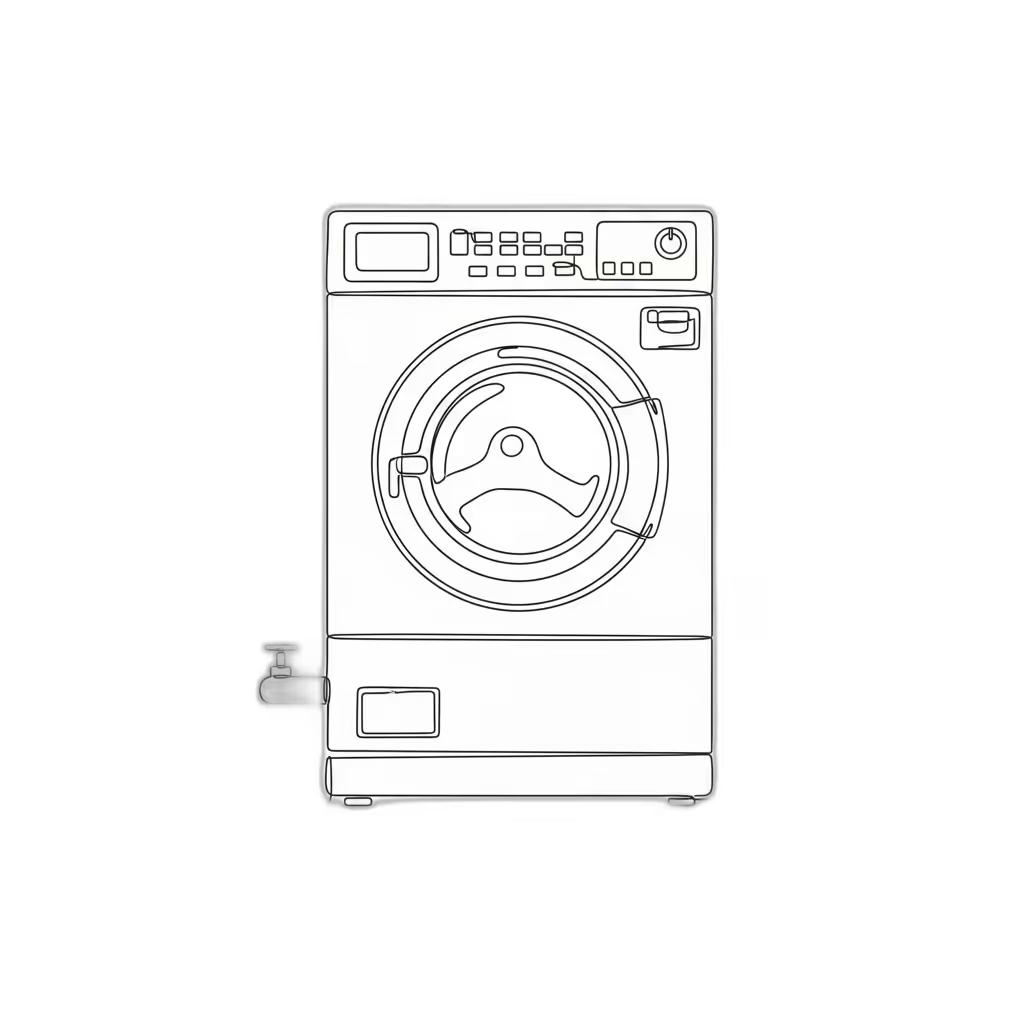
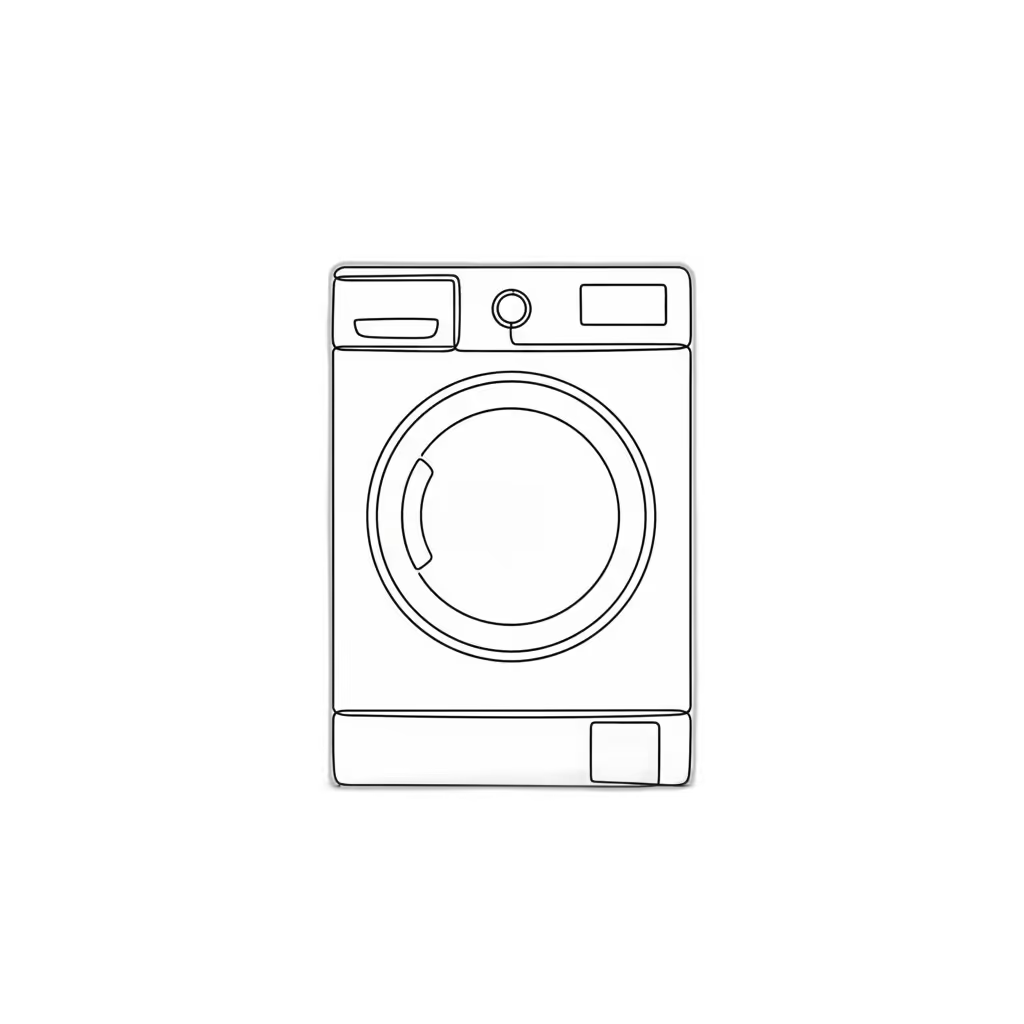
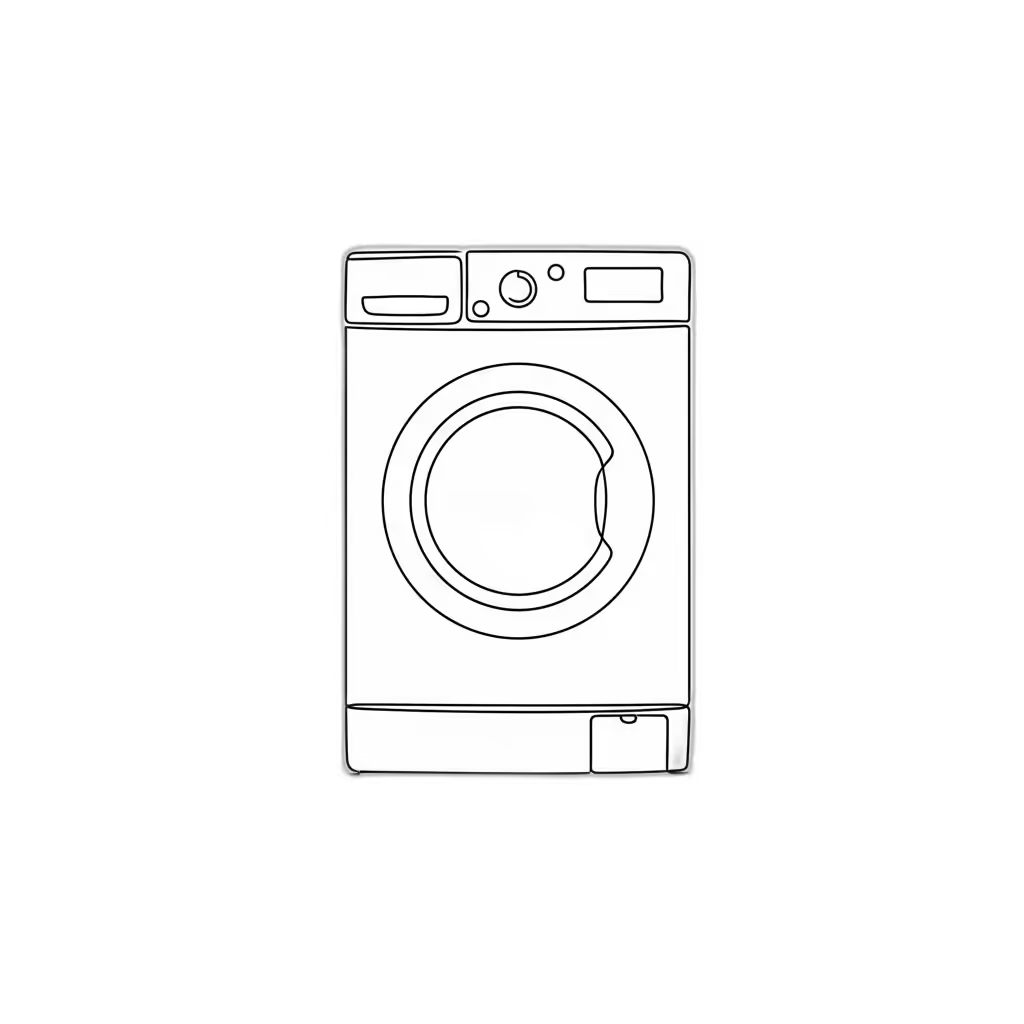
.svg)









